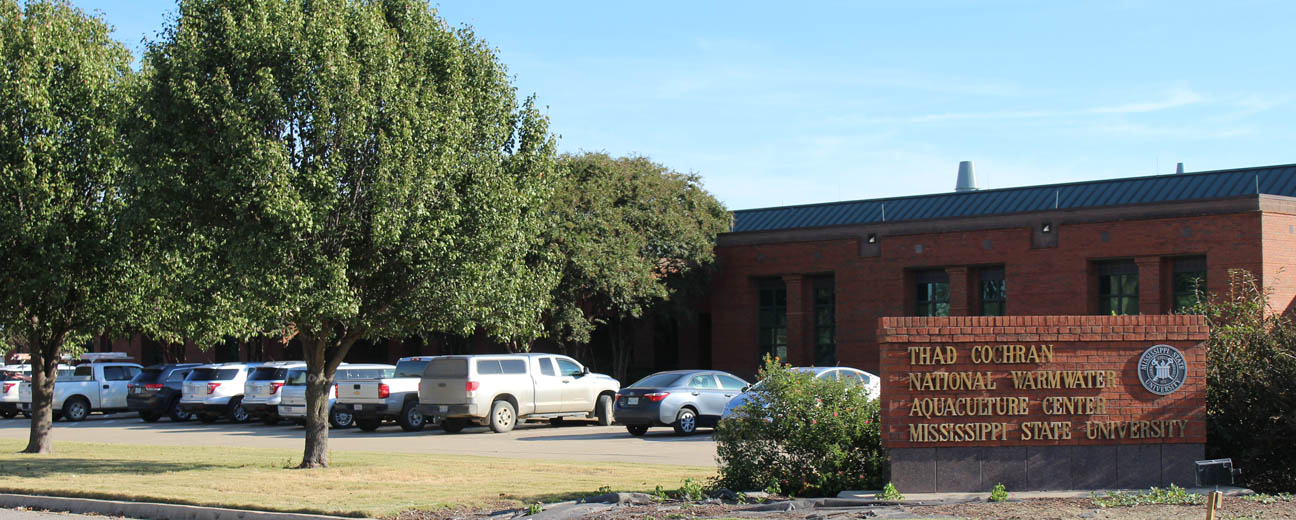
Channel and hybrid catfish production, with its associated service industries, contributes more than $2 billion to Mississippi's economy each year. Its value is expected to increase as per capita consumption of fish continues to grow. Considering natural resources and climate, scientific and technical expertise, and commercial infrastructure, the Mississippi Delta is in a unique position to capitalize on the growing demand for aquaculture products. However, the rapidly growing catfish industry is experiencing significant problems that could impede further development unless solutions are found.
Realization of these problems - in combination with the knowledge of the attributes of the Mississippi Delta - provided the incentive and subsequent support for the establishment of the National Warmwater Aquaculture Center (NWAC) at the Delta Branch Experiment Station in Stoneville, Mississippi. The cooperative programs of the USDA Agricultural Research Service, Mississippi Agricultural and Forestry Experiment Station, Mississippi State University Extension Service, and MSU College of Veterinary Medicine serve as the base of the U.S. catfish research and extension programs. Incorporation and expansion of these programs under the NWAC provides a synergistic environment for scientists to work toward a common goal and provides a single point of coordination for all aquaculture research, extension, and diagnostic activities.
The mission of the NWAC is to provide solutions to the most pressing problems of the aquaculture industry through basic and applied research, extension, and diagnostic services. NWAC scientists will conduct research to solve problems that can be solved in the short-term, as well as those that threaten the long-term viability of the industry. NWAC extension activities focus on the dissemination of research-based information to the aquaculture industry.
For more information, visit www.tcnwac.msstate.edu.
